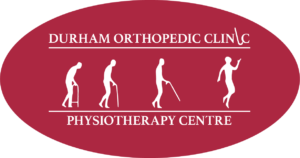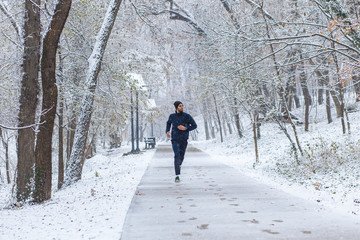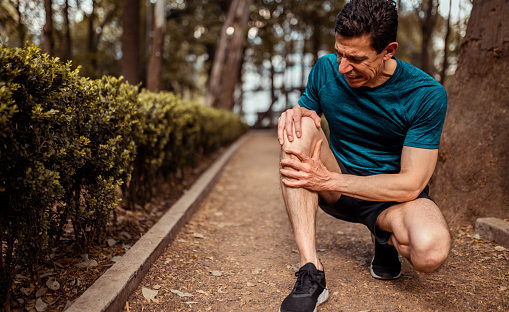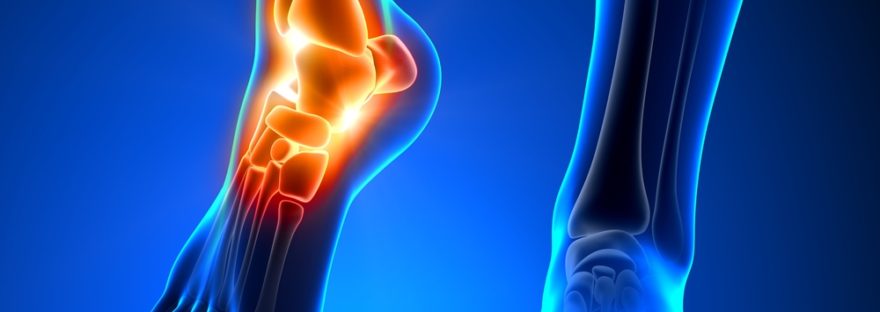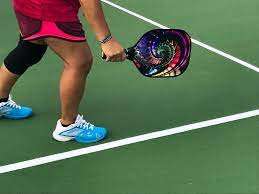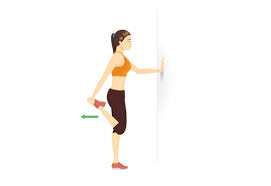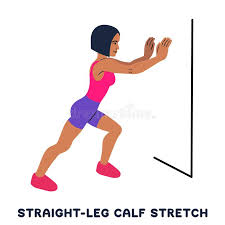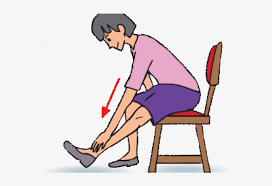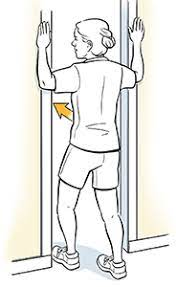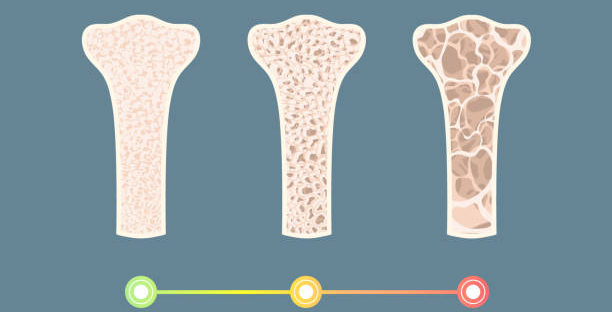With the cold weather here and snowfall on the horizon, people coast to coast are getting ready to partake in their favourite winter activities. Skiing and snowboarding, although a lot of fun, are both high-impact sports that can put a lot of stress on the joints, particularly the knees.
Knee injuries can occur when the knee is twisted or turned awkwardly, or when a snowboarder falls and lands on their knee. These types of injuries can be very painful and can take a long time to heal, so, it’s important for snowboarders to take steps to protect their knees.
To reduce the risk of knee injuries, snowboarders should warm up before hitting the slopes. This can help to loosen the muscles and prepare the body for the physical demands of snowboarding. Strengthening exercises such as squats, jumping squats, lunges and jumping lunges help with strengthening the muscles around the knee and help decrease the incidence of injury. Wearing protective gear, such as knee pads, can also help to cushion the knee and reduce the impact of a fall.
Another common snowboarding injury is a wrist injury. These injuries can occur when a snowboarder falls and tries to break their fall with their hands. The impact of the fall can cause the wrist to twist or turn awkwardly, leading to a sprain or a fracture.
To reduce the risk of wrist injuries, snowboarders should wear wrist guards. These devices are designed to protect the wrist and reduce the impact of a fall. Wrist guards are relatively inexpensive and can be easily purchased at most sporting goods stores.
In addition to knee and wrist injuries, snowboarders should also be aware of the potential for head injuries. Snowboarding can be a high-speed sport, and falls can be very dangerous if a snowboarder hits their head. To protect against head injuries, snowboarders should always wear a helmet.
Overall, snowboarding can be a lot of fun, but it’s important for snowboarders to take steps to protect themselves and reduce the risk of injuries. By warming up properly,strengthening their leg muscles, wearing protective gear, and being aware of their own limitations, snowboarders can enjoy the sport safely.
If you are in need of physiotherapy call the Durham Orthopedic and Sports Injury Clinic to see one of our knowledgeable professionals at 905-428-7800 to get you on the road to recovery.

